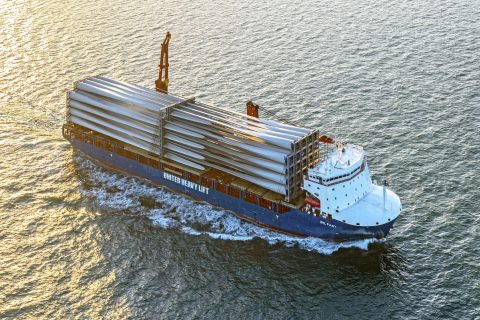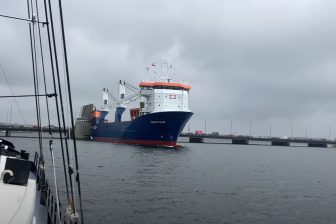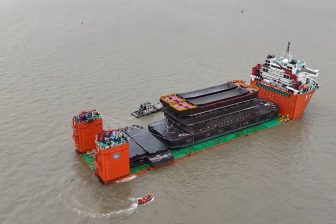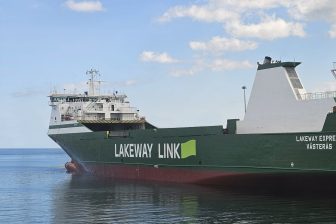
2023 in Review: Editor’s picks
As we leave the year 2023 behind, it is worth reminding everyone of the articles that got the most attention, the interviews of the year and the Editor’s picks. The Project Cargo Journal team wishes everyone a happy and prosperous 2024.
Published on February 2
Solving the warehousing puzzle as interesting times await ahead
The prevailing economic uncertainties, together with the increased stocks the companies have built up over the Covid-19 period are creating scarcity on the warehousing market. All of this will make for interesting times in 2023. Speaking to Project Cargo Journal, Tomas van der Maarel, Broekman Logistics Manager Business Development, responsible for PMC (Product Market Combinations) General Cargo, notes that the trade volumes in 2023 could drop from the previous year.
“Stocks went up because during the Covid times companies piled up stock to cater to the developing trend of online orders. Now, however, there is a noticeable scarcity for space as stocks remain high, but the cargo throughput is slowing down,” van der Maarel says.
Published on April 4
Are 2M divorcees eyeing a new fling with breakbulk?
The recent dissolution of the 2M alliance between MSC and Maersk is expected to bring more competition in the container shipping sector. However, could the dissolution have a wider effect, on markets such as project cargo and breakbulk?
Both companies have made certain moves with project cargo and breakbulk in mind, with MSC acquiring Bolloré Africa Logistics near the end of last year and Maersk completing the acquisition of its compatriot project logistics expert, Martin Bencher at the start of this year.
Traditionally, project cargo that could be containerised was transported on container vessels, however, the trend reversed over 2021/2022, when a number of companies in the multipurpose sector opted to transport containers, and market players looked for different options to alleviate their supply chain woes and avoid port congestion.
Published on October 9
Project cargo knows no gender, says Elisabeth Cosmatos
Gender should never be a determining factor in business. Breakbulk and project cargo industries may be male-dominated, but that does not close the door for women to be successful, nor is there a need to single out their achievements as something out of the ordinary.
“Sometimes it bothers me when people refer to women as if we are separate from everyone else. It’s as if we need to be treated differently or that our achievements are greater just because we are women. In my experience, gender doesn’t matter when it comes to working with others,” Elisabeth Cosmatos, CEO of the Cosmatos Group, and the President of the Heavy Lift Group, tells Project Cargo Journal.
“I strongly believe that whether male or female, the industry is open to all those who want to be involved. When it comes to a career in this industry, there are no boundaries,“ Cosmatos said.
Published on November 28
UHL vessels won’t transit the Panama Canal before May, 2024
The severe drought that has had a major impact on the water levels in the Panama Canal are restricting the movement of heavy-lift multipurpose vessels. Based on the current information, United Heavy Lift said its vessels will not transit the canal before May-June 2024.
According to the Panama Canal Authority, October was the driest since the earliest registers, 73 years ago. The drought caused by the El Niño phenomenon continues to impact the Panama Canal’s reservoir system and, as a result, water availability has been reduced. In October 2023, there was 41 per cent less rainfall than usual, lowering Gatun Lake to unprecedented levels for this time of year.
Published on December 13
German heavy transport woes continue, bordering on full-blown crisis
Heavy transport woes in Germany have continued throughout 2023, bordering on a full-blown crisis. Things are unlikely to change anytime soon unless there is an extensive system overhaul.
Speaking to Project Cargo Journal, Stefanie Schöttle-Christiansen, Head of Wind Renewable Energy, deugro, said that a quick optimisation of the approval process, progress in digitalisation and a reduction in bureaucracy are much needed.
“If rankings and surveys are to be believed, Germany is now 22nd among all UN member states when it comes to the degree of digitalization. This goes beyond just the permitting process for heavy and oversized cargo on German roads,” Schöttle-Christiansen said.
You just read one of our premium articles free of charge
Register now to keep reading premium articles.




